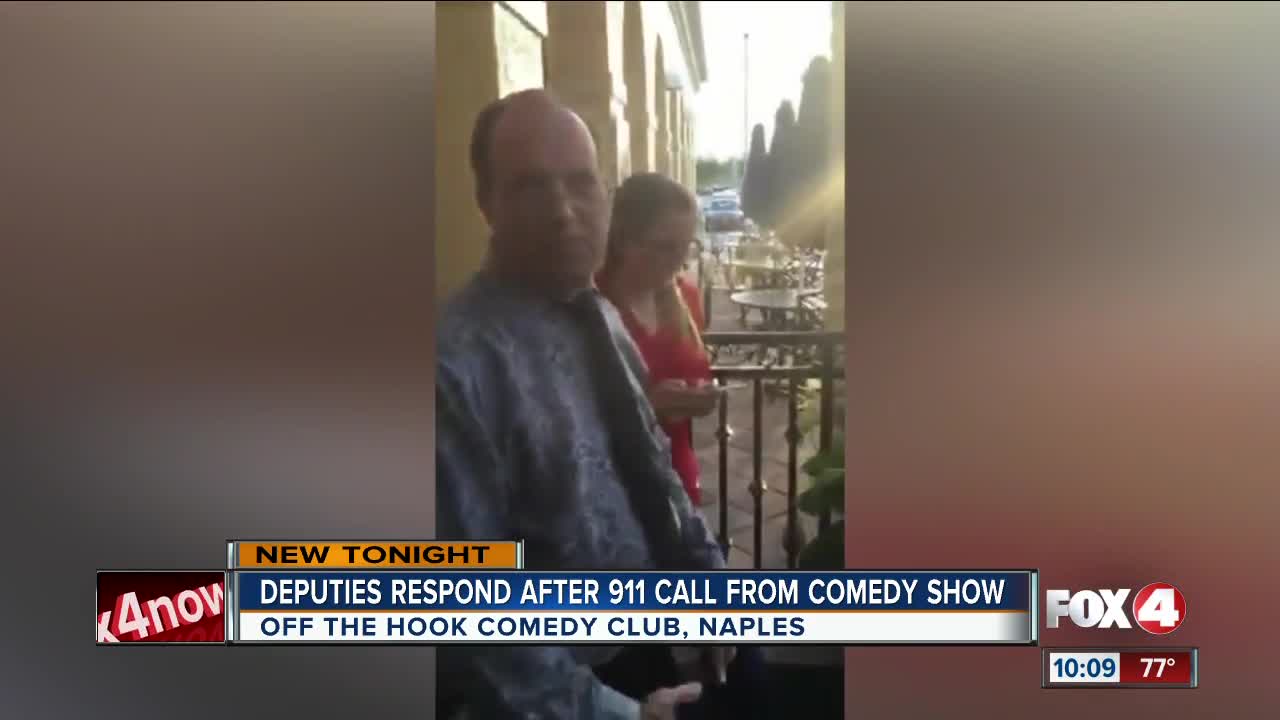In a world where humor can often serve as a coping mechanism, 911 jokes have emerged as a unique subgenre of comedy. These jokes, while often controversial, provide a way for people to engage with difficult subjects in a manner that is both humorous and thought-provoking. As we delve into the world of 911 jokes, we will explore their origins, implications, and why they resonate with so many people.
Humor has long been a tool for societal reflection, and 911 jokes are no exception. They often touch upon the delicate balance between tragedy and comedy, prompting discussions about what is considered appropriate in humor. As we navigate through this article, we will uncover the layers behind these jokes and the cultural contexts that shape them.
Join us as we explore the world of 911 jokes, examining their impact on society and the fine line between laughter and insensitivity. Let’s dive deeper into this complex yet fascinating topic.
Table of Contents
- What Are 911 Jokes?
- History of 911 Jokes
- Cultural Context of 911 Jokes
- Psychological Aspects of Humor
- Examples of 911 Jokes
- The Line of Insensitivity
- Responsible Humor: Finding the Balance
- Conclusion
What Are 911 Jokes?
911 jokes refer to a category of humor that often involves emergency situations, particularly those involving calling 911 for help. These jokes can range from light-hearted quips to more complex narratives that comment on the absurdity of certain situations. While they often elicit laughter, they can also provoke thought and discussion about serious topics such as emergency response, societal reactions to crises, and the nature of humor itself.
History of 911 Jokes
The roots of 911 jokes can be traced back to the aftermath of significant events, particularly those involving public emergencies. Following major incidents, such as natural disasters or acts of terrorism, humor has often emerged as a way for people to process trauma. In the days following the September 11 attacks in 2001, for instance, the nation grappled with immense grief, and humor became a method of coping.
Evolution Over Time
Over the years, 911 jokes have evolved and diversified. While some individuals view them as a form of dark comedy, others perceive them as insensitive. The evolution of these jokes highlights the shifting boundaries of humor in society and showcases how different communities react to tragedy.
Cultural Context of 911 Jokes
The cultural context in which 911 jokes arise significantly influences their reception. In some cultures, humor surrounding tragedy is more accepted, while in others, it is seen as taboo. Understanding the cultural backgrounds of both the comedian and the audience is crucial in navigating the complex landscape of 911 jokes.
Psychological Aspects of Humor
From a psychological standpoint, humor can serve as a defense mechanism. It allows individuals to distance themselves from painful realities and can foster social bonding among those who share similar experiences. The use of humor in the face of adversity can be a powerful tool for healing and resilience.
Benefits of Humor in Coping
- Reduces stress and anxiety
- Fosters social connections
- Enhances emotional resilience
- Promotes a sense of control over difficult situations
Examples of 911 Jokes
Here are a few examples of 911 jokes that illustrate the genre:
- “I called 911 to report my missing dog. They said, ‘You can’t report a dog as missing unless you have a license.’ I said, ‘I do have a license! It’s just the dog that’s missing!’”
- “What did the emergency operator say to the guy who called 911 asking for a pizza? ‘Sir, this is an emergency line, not a pizza hotline!’”
The Line of Insensitivity
While humor can be a coping mechanism, it is essential to recognize the line between humor and insensitivity. Not everyone appreciates 911 jokes, especially those who have experienced trauma related to emergencies. Understanding the audience and the context is crucial in determining whether a joke is appropriate.
Responsible Humor: Finding the Balance
As we navigate the world of 911 jokes, it is vital to approach humor responsibly. Comedians and individuals alike should consider the potential impact of their jokes on others and strive to create a safe space for laughter. Responsible humor acknowledges the complexities of human experience while still allowing for levity.
Conclusion
In conclusion, 911 jokes occupy a unique space in the realm of humor. They can serve as a bridge between tragedy and laughter, allowing individuals to cope with difficult realities. However, it is essential to approach these jokes with care and consideration, recognizing the potential impact they may have on others. We encourage readers to share their thoughts and experiences regarding 911 jokes in the comments below, and explore more articles on humor and its role in society.
We hope you found this exploration of 911 jokes insightful and thought-provoking. Humor can be a powerful tool, and understanding its nuances can enhance our appreciation for the diverse ways in which people cope with life's challenges.




